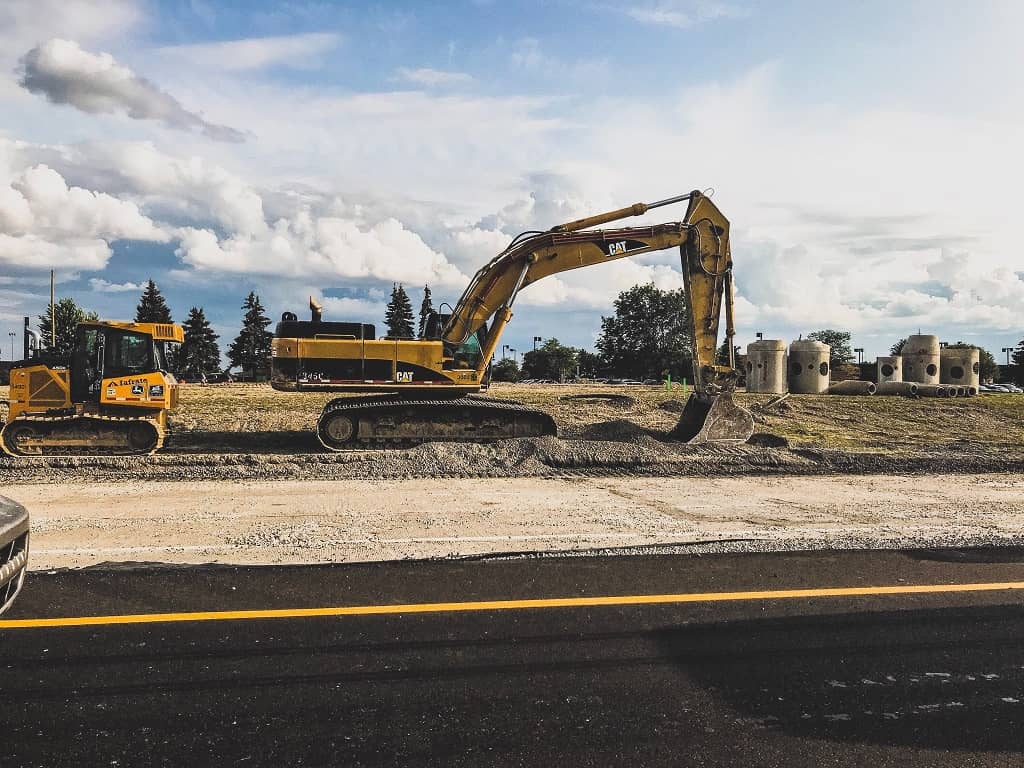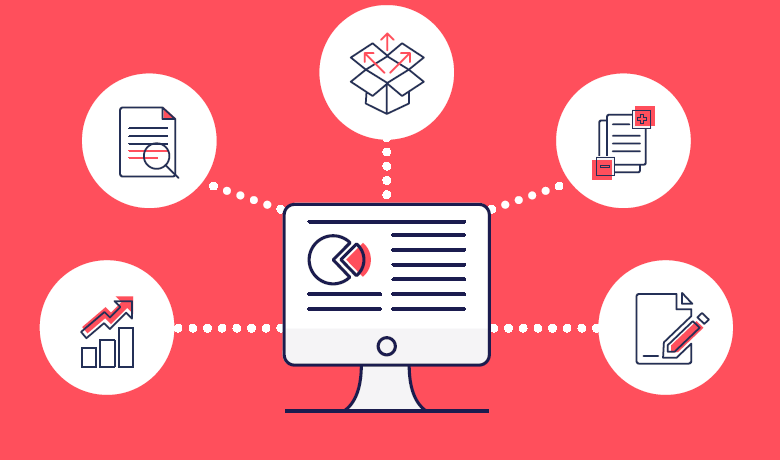The Coronavirus Business Interruption Loan Scheme (CBILS) provided much-needed financial support for businesses. Through the scheme, accredited lenders provided loans of up to £5 million for smaller businesses, with the Government promising to cover 80% of the lender’s losses if the borrower defaulted on the loan. The Government also covered the interest and fees for the first 12 months of the loan.
With continued uncertainty in the UK economy, we speak to many company directors struggling to pay back their CBILS loans. Rest assured, you have options. And none of them necessarily spell the end of the road for your business.
Speak to your lender about CBILS repayments
If you’ve not already done so, this is a good place to start. One option is to explore refinancing your existing loan (where a new loan is taken out to pay off the current one). This can enable your business to secure more favourable interest rates or extended repayment periods, reducing the financial burden. However, it’s essential to assess whether this approach is viable, taking into account associated fees and the overall impact on your business’s financial health.
Lenders understand that businesses may encounter financial challenges, especially in the current economic climate. Therefore, it’s crucial to maintain open communication with your lender and consider negotiating payment terms. By discussing your business’ financial position and expressing a willingness to cooperate, you may be able to agree on revised terms, including extended repayment periods, reduced interest rates or temporary payment deferrals.
A financial adviser, your accountant or a licensed insolvency practitioner can help you manage these conversations with your lender, so it’s always advisable to seek help and advice from a professional.
Insolvency procedures as a solution to CBILS repayments
If repaying your CBILS loan is not feasible, an insolvency procedure may be necessary. These processes are designed to protect both the interests of your company and its creditors. They can be used to rescue your business from insolvency and closure, so are worth exploring.
Administration
Administration is an insolvency procedure that protects your company from legal action by its creditors while a licensed insolvency practitioner (acting as the administrator) reviews its financial position and develops a suitable recovery strategy. This process may involve restructuring the company, selling its assets or entering into a CVA.
Company Voluntary Arrangement (CVA)
A CVA is a legally binding agreement between a company and its creditors, allowing the business to pay off its debts over an agreed-upon period. This process enables the company to continue trading and potentially recover, while creditors receive a percentage of the outstanding debt. A licensed insolvency practitioner will formulate the CVA proposal and oversee its implementation, making sure that your creditors’ interests are protected.
Creditors’ Voluntary Liquidation (CVL)
If the company’s financial position is irrecoverable, a CVL may be appropriate. This process involves the company’s shareholders voluntarily placing the company into liquidation. A CVL effectively closes your company using a formal process, with the assets being realised and distributed to the creditors. But it doesn’t mean the end of your business. We can conduct the liquidation process in a way that might mean you can reopen your business without the debt. We call this a Start Afresh Liquidation
You have options
Although being unable to meet your CBILS repayments is an unwelcome stress, it’s crucial to remember that it’s not necessarily the end of the road for your business.
By exploring all your options, you can make informed decisions that put your business on the path to recovery and future success. Remember, seeking professional assistance and acting quickly and responsibly will help secure the best possible outcome for your company and its stakeholders.





